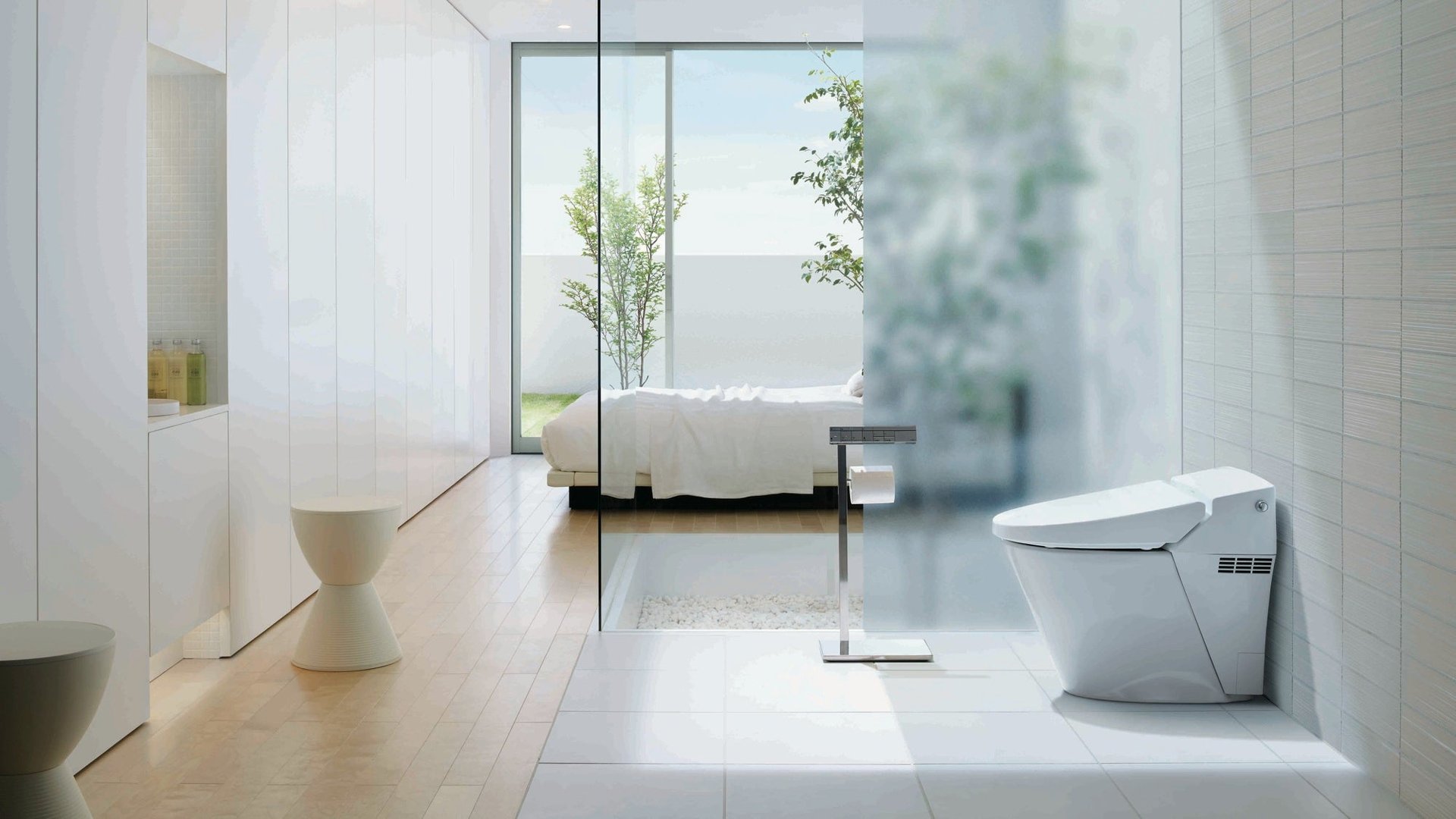All the things the toilet of the future will do for you
Picture this: You walk into a bathroom, mobile device in hand, and your toilet automatically recognizes you.



Picture this: You walk into a bathroom, mobile device in hand, and your toilet automatically recognizes you.
The toilet adjusts the seat and settings based on weight and body type. It starts playing the soothing music you’ve pre-selected, or starts an audiobook. There’s a nightlight for when nature calls in the dark. And if it’s cold, it automatically heats the seat.
It’ll even open up the lid for you, “so you don’t have to worry about germs from touching it,” Yoshiaki Fujimori, CEO of the $15 billion housing and building materials conglomerate Lixil, tells Quartz. It will “wash and dry you, and then of course, auto-flush.”
Let’s face it, we spend a significant amount of time on the toilet. And while Japan has long appreciated the comforts a tech-enabled toilet brings to life, Americans and others around the world haven’t really caught on.
Following a recent breakfast meeting, when asked about what the future holds for toilets, Fujimori’s eyes light up. He asks me how much time I have left to listen.
“We’re reimagining the toilet as a space for your comfort, hygiene, cleanliness, and most importantly, health,” says Fujimori, who has ambitions to be “the Steve Jobs of toilets” and bring what’s been a national point of pride in Japan to all of the world. (His preference in the bathroom: classical music.)
To that end, Fujimori has gone on a major shopping spree since he became CEO of the Japanese company in 2011, buying companies in the US (American Standard), Europe (Grohe and Parmasteelisa), and Asia. In addition to toilets, Lixil makes water-, housing-, and building-related technology, providing materials that have been used in major projects, including New York’s Freedom Tower. As construction goes, so goes demand for Lixil’s products.
But it’s toilets that get Fujimori, or Fuji as he is referred to, most excited. He tells me his research and development team are feverishly working to turn the toilet into a type of health center—a smart machine that will be able to test a person’s urine and bowel movements in real-time. This could identify early indicators of a potential disease, alert a user to pregnancy, or even help manage certain chronic kidney or other health conditions.
The health-check version isn’t available for sale yet. But the one described above—what’s referred to as the Satis range—is already selling in Japan. And a watered-down version, the SpaLet, is selling in the US for $4,600. (The SpaLet lacks the smartphone and music features.)
“In Japan these toilets have been the standard for decades. We’re easing Americans into it,” a manager at one of Lixil’s American showrooms tells Quartz.